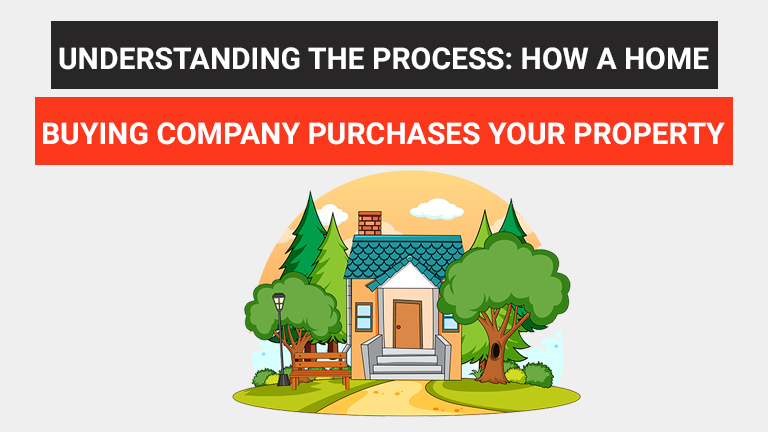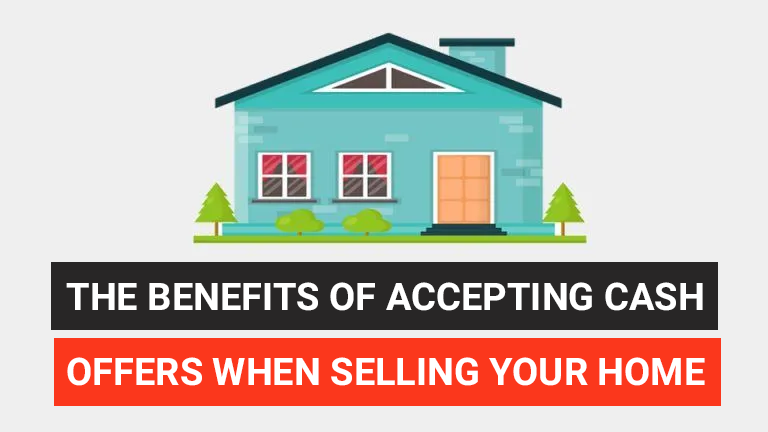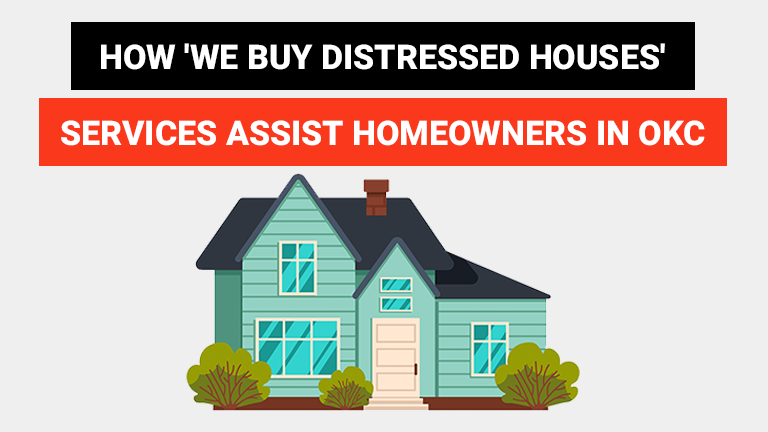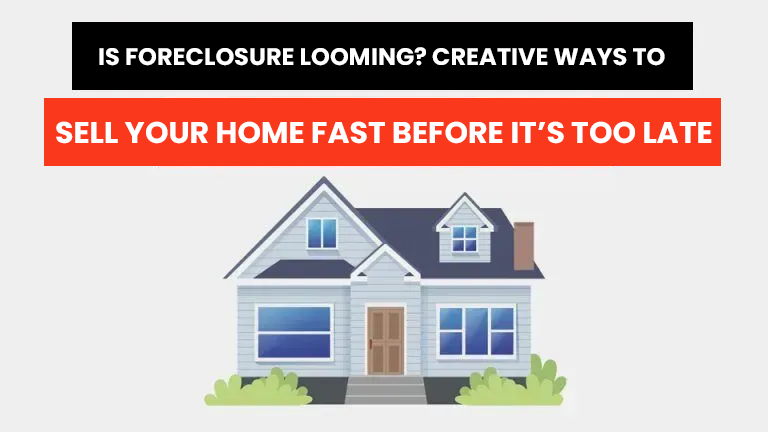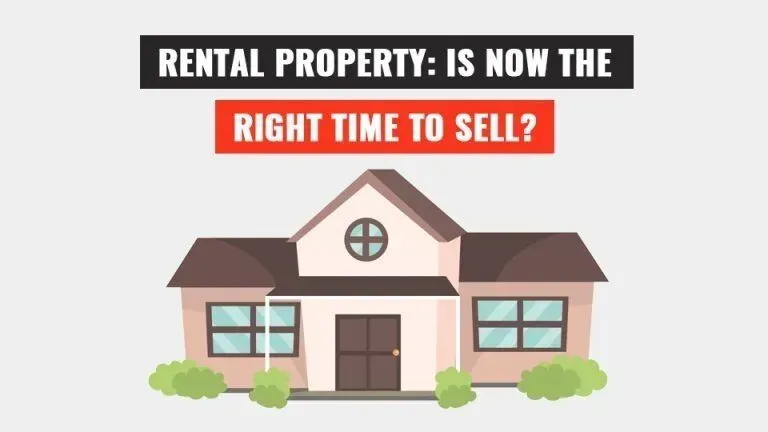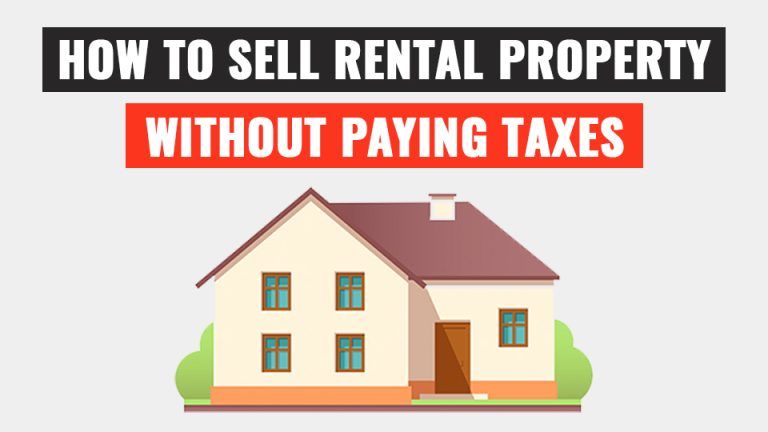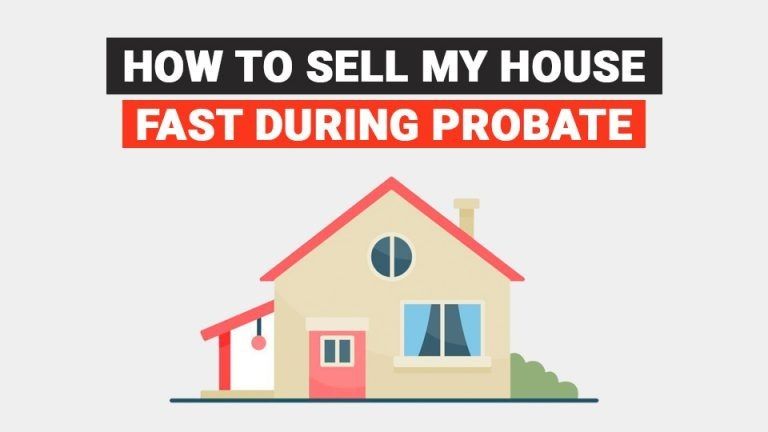
Beyond Cash Offers: Creative Ways Investors Buy Houses That You Might Not Know About
When it comes to selling a home, most people are familiar with the traditional route—list the property, wait for offers, and negotiate with potential buyers. But for homeowners looking for a faster or more convenient solution, selling to an investor can offer numerous advantages, especially when traditional buyers aren’t the best fit.
Many real estate investors use creative methods to buy houses that extend far beyond the typical cash offer. These methods can help sellers in various situations, including those facing foreclosure, dealing with inherited properties, or just wanting a quick sale.
If you're looking to sell your home quickly but aren't sure what options exist, it’s worth considering these creative strategies investors may use. From lease options to subject-to deals, these methods provide flexibility for both sellers and investors alike. Let’s dive into the unique ways investors buy houses and explore how they can benefit you as a seller.
A lease option is an agreement where the buyer rents the property for a period with the option to purchase it later. This arrangement benefits sellers who may be struggling to sell their home in a slow market or those who may need a bit more time to transition out of the property. Essentially, the seller agrees to lease the house to the buyer, who then has the right to purchase it at a pre-agreed price within a specified timeframe.
This method works well for both parties. Sellers can receive regular rental payments, which may help cover mortgage costs, while buyers have the flexibility of moving into the home right away. At the same time, buyers get the option to purchase the property later, often at a locked-in price that may end up being lower than future market rates.
How it helps you as a seller:
- You generate rental income while keeping the home off the market
- You can lock in a future sale price
- Buyers are more motivated, as they are already living in the property
- You have time to find your next home before a final sale takes place
2. Seller Financing: Acting as the Lender
Seller financing is a creative way to sell a house where the seller acts as the lender. Instead of relying on a bank or mortgage lender, the seller provides financing to the buyer to purchase the property. The buyer makes regular payments directly to the seller over an agreed-upon term, which typically includes interest.
This arrangement can benefit sellers who may have difficulty selling their home through traditional means or want to sell a property quickly. It can also work well for buyers who might not qualify for a traditional mortgage due to credit issues. Seller financing can often be faster than conventional sales, with less paperwork and fewer delays.
In return for acting as the lender, the seller can often receive a higher interest rate on the loan, which can be more profitable than waiting for a buyer to secure conventional financing. Additionally, it allows sellers to maintain some level of control over the sale, and they have the flexibility to structure the terms of the loan in a way that works for them.
How it helps you as a seller:
1. Lease Option: Renting to Own
- You can sell your home faster without waiting for bank approvals
- You earn interest on the loan, making it potentially more profitable
- You maintain control over the sale process and loan terms
- You may attract buyers who have difficulty qualifying for traditional financing
3. Subject-To Deals: Transfer of Ownership Without Paying Off the Mortgage
In a subject-to deal, the investor takes ownership of the property while the existing mortgage remains in the seller's name. Essentially, the seller "subjuncts" the property to the investor, who assumes responsibility for making the mortgage payments going forward. The seller transfers the deed to the buyer, but the mortgage stays in place, often with no new loan being taken out.
This creative strategy is especially useful for sellers who are behind on payments or facing foreclosure. Since the mortgage stays in the seller's name, the seller can avoid the immediate impact of foreclosure, and the investor takes over the responsibility for the remaining payments.
While the seller still technically remains responsible for the mortgage, the investor makes the payments, so it’s a quick way for the seller to avoid foreclosure or sell a home they no longer want without paying off the mortgage in full.
How it helps you as a seller:
- You avoid foreclosure and the stress of missed payments
- The investor takes over mortgage payments without the need for refinancing
- It’s a quick way to get out of an unwanted property
- You don’t need to worry about paying off the mortgage in full
4. Wholesale Deals: Selling to an Investor Quickly for Cash
Wholesaling is a strategy where an investor enters into a contract with a property owner to purchase the home at a set price. However, instead of buying the house outright, the investor assigns the contract to another buyer—usually another investor—who then completes the purchase. This allows the investor to quickly sell the property to someone else without actually owning it.
For the seller, wholesaling can be a great way to offload a property quickly without having to deal with a long closing process. The investor often buys homes "as-is," meaning no repairs or improvements are necessary. This can be particularly beneficial for sellers dealing with properties that need extensive work and don’t want to spend time or money fixing them up before selling.
How it helps you as a seller:
- You can sell your house quickly without waiting for months
- No need to make repairs or updates to the property
- You avoid the traditional selling process, including inspections and appraisals
- Investors often purchase properties as-is, which means a hassle-free sale
5. Rent-to-Own: Giving Buyers Time to Save for a Down Payment
Rent-to-own arrangements are similar to lease options but typically include a formal agreement with a portion of the rent going toward the buyer’s future down payment. This strategy allows buyers time to save for a larger down payment while renting the property, with the goal of purchasing it at the end of the lease term.
Rent-to-own deals can work for sellers who are looking for more long-term commitment from buyers but still want the flexibility to sell. While the buyer rents, they are essentially working toward eventual ownership, providing sellers with the benefit of a committed buyer.
How it helps you as a seller:
- Rent payments help offset carrying costs until the property is sold
- The buyer is committed to purchasing the home eventually
- You have a potential buyer who is invested in maintaining the property
- The buyer can gradually work towards a larger down payment
6. Equity Sharing: Partnering with a Buyer to Share Equity
Equity sharing is an agreement between a buyer and a seller (or investor) to jointly purchase a property. In this arrangement, the buyer typically takes out a mortgage for part of the property’s purchase price, while the seller or investor provides the remaining amount, often in exchange for a share of the property’s future appreciation.
Equity sharing is often used by investors who are looking to buy property but need assistance with the upfront cost. For sellers, it’s a way to maximize the value of their property while still selling it to a buyer who may not have the full purchase price upfront. Sellers can often negotiate a favorable percentage of future equity growth in exchange for providing part of the funding.
How it helps you as a seller:
- You can share in the future appreciation of the property
- You attract buyers who need help with financing
- The buyer has a vested interest in maintaining and improving the property
- You can earn more profit than with a traditional sale, especially in a growing market
Sell Your Home Fast for Cash
If you need to sell your house fast but don’t want the hassle of a traditional home sale, contact Local Guy Buys Houses.
We buy houses as-is. No repairs are needed. Avoid closing costs and realtor commissions. Close in as little as seven days. Call
805-205-5999 to get a fast cash offer from our local home buyers.
Get Your Fair & Honest All-Cash Offer Today! No Obligations!
We will get back to you as soon as possible.
Please try again later.
By submitting this form, you agree to our Conditions of Use and Privacy Policy. You may receive both automated and personal text messages. Reply STOP at anytime to opt-out.
Or Call Us Now At 855-205-5999
Get Your Fair & Honest All-Cash Offer Today! No Obligations!
We will get back to you as soon as possible.
Please try again later.
By submitting this form, you agree to our Conditions of Use and Privacy Policy. You may receive both automated and personal text messages. Reply STOP at anytime to opt-out.
Or Call Us Now At 855-205-5999
